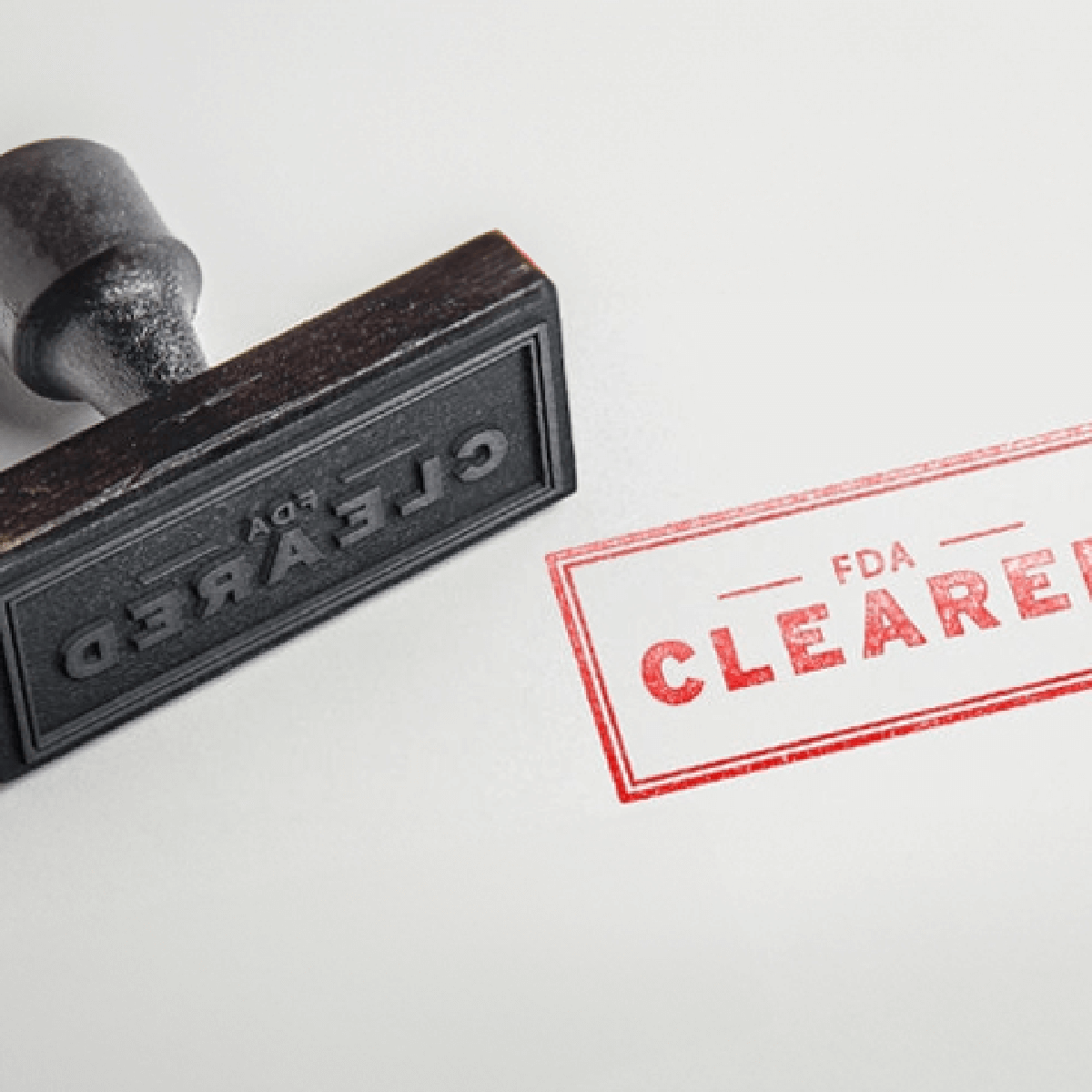The Significance of FDA Certification: A Beacon of Trust In Light Therapy
In the intricate tapestry of the healthcare industry, the U.S. Food and Drug Administration's (FDA) certification emerges as a golden thread, weaving together safety, efficacy, and quality. But what does this emblem truly represent, and why should it matter to both healthcare professionals and consumers? Let's unravel the layers:
Guarding Patient Safety:
At the core of FDA's mission lies an unwavering commitment to public health. By meticulously overseeing pharmaceuticals, medical devices, and a myriad of healthcare-related products, the FDA stands as a sentinel, ensuring that what reaches the market meets stringent safety standards and effectively shields patients from undue risks.
Embodying Quality Excellence:
The stamp of FDA certification isn't granted lightly. It signifies that manufacturers and service providers have navigated the maze of strict quality controls, guaranteeing that each product not only meets but often surpasses established benchmarks for consistency, reliability, and precision.
Championing Regulatory Integrity:
Beyond safety, the FDA certification is a testament to adherence. From good manufacturing practices to intricate labeling requirements and clinical trial protocols, products that bear this mark resonate with a symphony of compliance, fostering trust and confidence within the industry's corridors.
Advocating Efficacious Solutions:
Every medical device, drug, or treatment under the FDA's purview is meticulously vetted for performance. This rigorous approach ensures that patients aren't just receiving treatments but are benefiting from solutions proven by scientific rigor.
Empowering the Informed Consumer:
An FDA-cleared product isn't just safe or effective; it's transparent. Comprehensive evaluations culminate in clear, concise product labeling and information, arming patients with the knowledge they need to take control of their health decisions.
Pioneering Risk Vigilance:
As the healthcare landscape evolves, so do potential threats. The FDA's proactive stance in monitoring, investigating, and swiftly addressing concerns is a masterclass in risk mitigation. This proactive approach ensures the swift enactment of recalls or corrective measures, safeguarding patients from emerging hazards.
Fostering Global Unity:
The FDA's reach isn't confined to U.S. shores. Its certification is a globally recognized emblem of quality and safety, fostering harmonized regulations, catalyzing international trade in medical products, and nurturing a cooperative spirit among worldwide regulatory bodies.
Concluding Thoughts:
The FDA certification isn't merely a regulatory requirement. It's a beacon, illuminating the path of excellence in healthcare. It crafts a bridge of trust between manufacturers, healthcare providers, and patients, underscoring an unwavering commitment to safety, efficacy, and above all, the well-being of every individual.
Sources:
U.S. Food and Drug Administration (FDA) Official Website
FDA's Center for Devices and Radiological Health (CDRH):
FDA's Center for Drug Evaluation and Research (CDER):
FDA's Good Manufacturing Practices (GMP):
GMP Guidelines
Books:
Carpenter, D. (2010). Reputation and Power.
Hilts, P. J. (2003). Protecting America's Health.




Leave a comment
This site is protected by hCaptcha and the hCaptcha Privacy Policy and Terms of Service apply.